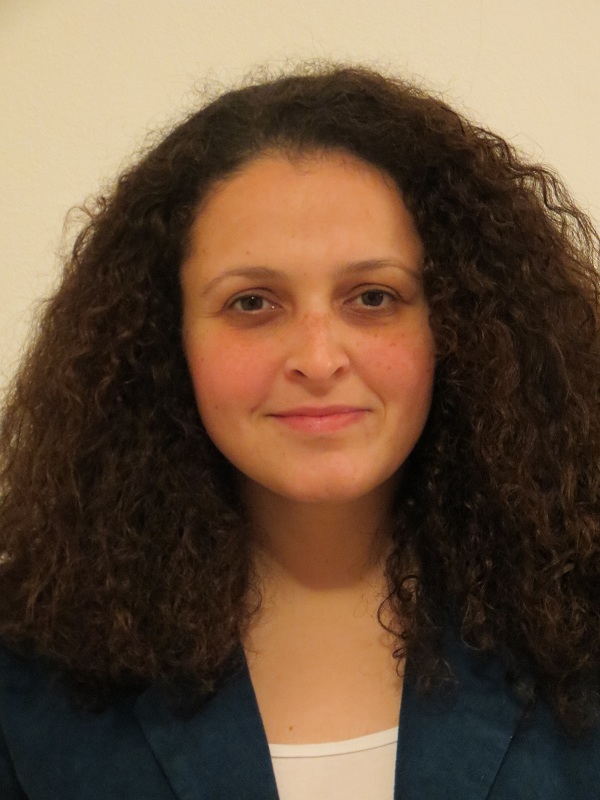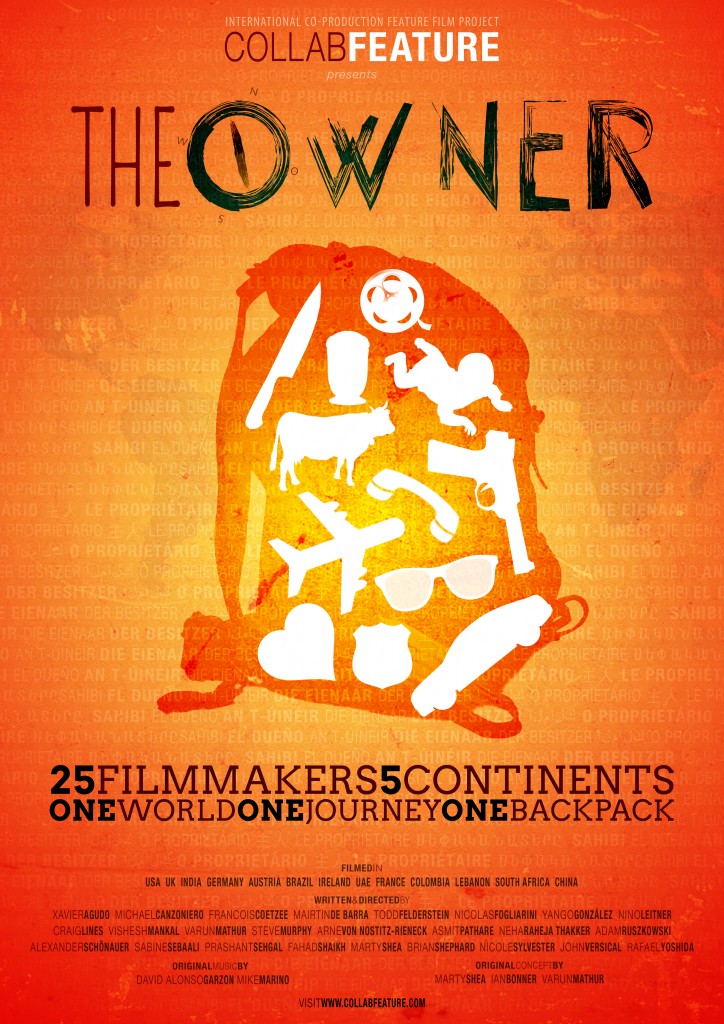
Two days ago, a young lady in Port Said posted photos of a horse in the said governorate with a severely broken leg, eating from garbage bins. She implored the online community of animal activists to help the poor creature. She has tried to get in touch with the veterinary services, the police and other state institutes, and none of them showed interest.
The horse belonged to a man who worked him to the ground, then threw him in the trash when his leg snapped. Animal activists rallied to collect the money needed for his transportation to Cairo. It costs about L.E 650 to send a horse box to Port Said. The amount is steep and donations are always needed. Luckily, a kind lady agreed to host him in her stables. Currently, he is on his way to Cairo.
The above example is the norm in Egypt when it comes to animal rescue, including horses, donkeys, cats, dogs and even at times wild animals. Individual efforts are the basis for almost all rescue cases; the state, despite the existence on the “authorised apparatus,” rarely moves a finger.
Such a topic may seem ridiculous to many at the current time; Egypt is a country fighting militants in Cairo’s suburbs, Takfiri jihadists in Sinai and Upper Egypt, while stumbling under an economic burden left on its shoulders by its previous rulers: Mubarak, SCAF and Morsi.
Yet, currently, the constituent assembly is busy drafting a constitution fit for Egypt. The fifty-person committee, praised for its diversity, has many of the great legal and cultural minds the country has to offer. For many animal enthusiasts, this offers a great opportunity in setting the path for correct animal treatment.
Animals, just like humans in Egypt, are not faring very well, but the main difference is that they cannot speak for themselves.
In Egypt, there are laws protecting the environment, but are not implemented. An example of a failing state institution is any of the seven state zoosEgypt is plagued with; animals kept in horrendous conditions to “entertain visitors” who bring in millions of pounds each year in revenue. The General Organization for Veterinary Services (GOVS) handles the four animal-related sectors in Egypt: public zoos, veterinarian quarantine, veterinarian preventive medicine and abattoirs. All four sectors suffer from severe neglect, as the head of the veterinary services is also head of the Scientific Research Committee for CITES agreements. Thus, any complaint is lost in the system.
The abattoirs in particular require sever supervision for two main reasons: ensuring healthy handling of the meat and that the butchering is done with accordance to the Islamic Sharia, as Egypt is a predominantly Muslim country. Both are in question.
In Egypt, most animals work as hard as humans thus their rights should be preserved; donkeys and horses pull heavy carriages all day long, dogs are used by different narcotics and bomb detecting squads, and even street cats are employed by shop owners to keep vermin away. Animals in zoos are kept in horrendous conditions. Circuses use wild animals for ridiculous shows while keeping them in inhumane conditions. Illegal fishing and hunting in nature preserves is yet another common catastrophe in Egypt.
The problem has two main reasons: lack of awareness and greed.
The majority of owners of working animals belong to a very poor socio-economic class. They either lack awareness on how to correctly care for their animals or are too poor to care for them, yet, their livelihoods depend on the poor creatures. This vicious cycle has to be broken. A couple of animal shelters have started offering free services for working animals, but it is not enough. The government has an important role to play; the budget allocated to veterinary services has to offer “animal stations” in the different governorates, where owners can treat their animals for free. Awareness has to be the main aim of GOVS as a way to help improve lives of both animals and owners. Complaints against animal mistreatment are also ridiculed by the police. This “attitude” has to change.
Wildlife trade in Egypt is quite prosperous. Animal activists know by name the three key players who import wild animals for selling, including monkeys, lions, parrots etc…Yet, no state authority has intervened to stop them. Wild animals are sold to circuses, private zoos pet shops and even- hold on to your bonnets- cafes and party planners. More than once, wild Capuchin and Vervet monkeys have been confiscated by animal lovers after fights that have at times turned violent. Threats of defamation and animal abuse charges, which ruin businesses, are the main weapons used by animal defenders. Other times, despair drives them to buy the animal, though they are fully aware that they are feeding the cycle of greed, but at least “one animal is saved.”
Laws have to be implemented, which will require a strong and effective environmental police force, which include severely punishing animal abusers and traders. Supervision of pet shops is also a must since many of them are miniature hell holes for animals. With regard to the Egyptian zoos, the private ones have to be supervised and closed down if they do not abide by the rules. State zoo animals are suffering horrendously and there are already several petitions online to close them down. If they continue running, then supervision, as well as education, of zoo keepers and zoo vets is essential. Caring for animals is a responsibility that such zoos are failing to uphold.
Even more important is the education of the young generation on animal rights. Syllabi of environmental awareness and animal care, as well as their religious duty towards animals, have to be introduced in schools, public and private, to ensure that the new generation of Egyptians are aware of the responsibility they have towards their environment. Such people are more than likely to grow up to be balanced individuals.
Animal rights are not a luxury, and in building a new, modern Egypt, all rights have to be safeguarded, especially of those who do not speak.




